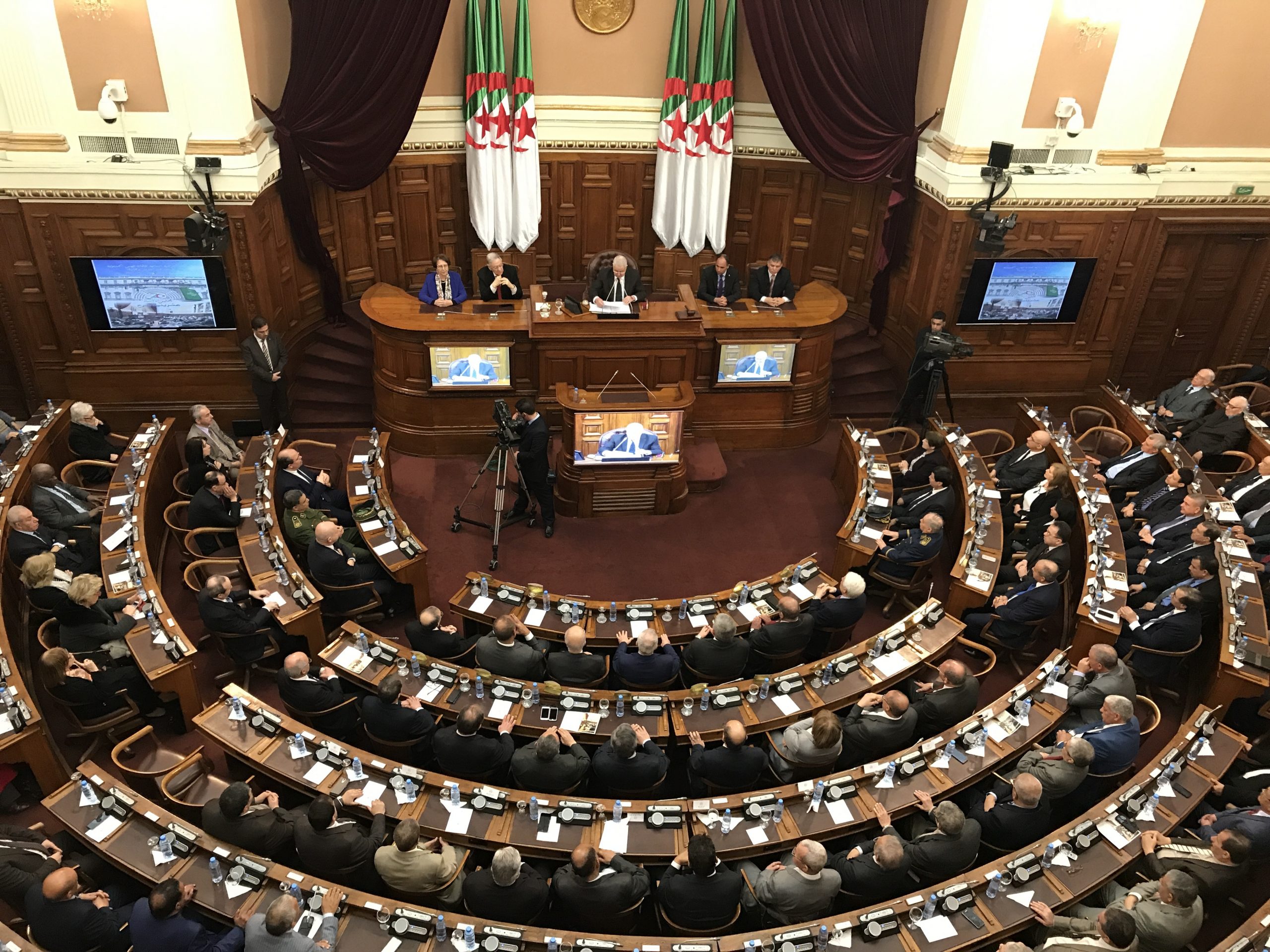
The law defining the general rules related to public procurement, approved by members of the National Assembly today, Tuesday, includes a number of measures aimed at enhancing transparency and facilitating access to public demand, especially by dematerializing procedures related to public procurement through digitization, while encouraging the involvement of startups.
The law, which aims to establish a clear and transparent legal framework, falls within the framework of a more comprehensive scheme for reforming public finances enshrined in Organic Law 15-18 related to financial laws, which would promote good governance and transparency in managing public funds and presenting accounts, in line with the draft law on public accounting and financial management rules and the draft monetary and banking law.
The procedures included in the new law are based on three basic principles represented in the freedom of access to public applications, equality in the treatment of candidates, and transparency of procedures, in order to reach a better framework for public deals, taking into account the profound changes in the economic situation of the country through the promotion of production, especially emerging enterprises bearing the mark and small or very small enterprises.
As part of the implementation of public requests, the text also aims to encourage the use of renewable energies to protect the environment and sustainable development, as the system for concluding public deals has been enshrined electronically by replacing physical procedures to eliminate direct contact between the various stakeholders, which would enhance transparency in a sensitive sector and eliminate favoritism, nepotism and bribery, and speed up the pace of procedures and scrutiny of operations, saving time, effort and money.
In 2021, the Ministry of Finance launched the electronic portal for public transactions, which includes a space for all contracting interests and economic dealers in the field of public transactions, and aims to “allow the publication and exchange of documents and information related to public transactions and the conclusion of these deals.”
As for combating corruption, in addition to penal sanctions or coercive measures, the law provides for the preparation of a code of professional ethics and ethics, addressed to officials and public servants involved in concluding, implementing and monitoring public deals.
As for the procedural aspect of public deals, the law stipulates that the invitation to tender is in accordance with the procedures for requesting bids or the negotiating procedure, where “the procedure for requesting offers represents the general rule, while the negotiating procedure represents the exception, which can be in the form of a direct negotiating procedure or a negotiation procedure after consultation.”
This procedure replaces the current designations “simple consent” and “consultation after consultation”.
Among the measures introduced through the law is the establishment of the National Council for Public Procurements, which is considered an independent administrative arbitration body.
The council, which is placed with the Minister of Finance, carries out “an in-depth analysis of the practices that cause the emergence of conflicts, and provides advice, assistance, study and examination of any issue presented to it in the field of public procurement by the Minister in charge of Finance.”
It also decides, within the framework of monitoring the validity of the procedures for concluding and awarding deals of national importance, in any draft book of conditions, public deal, or appendix, or in appeals when necessary.
#Public #Procurement #Law. #Measures #Enhance #Transparency #Develop #Digitization #Involve #Emerging #Enterprises #Algerian #Dialogue
#oussama_boulegheb #elhiwardz #alakhibariat.xyz #elhiwar #elhiwar-en